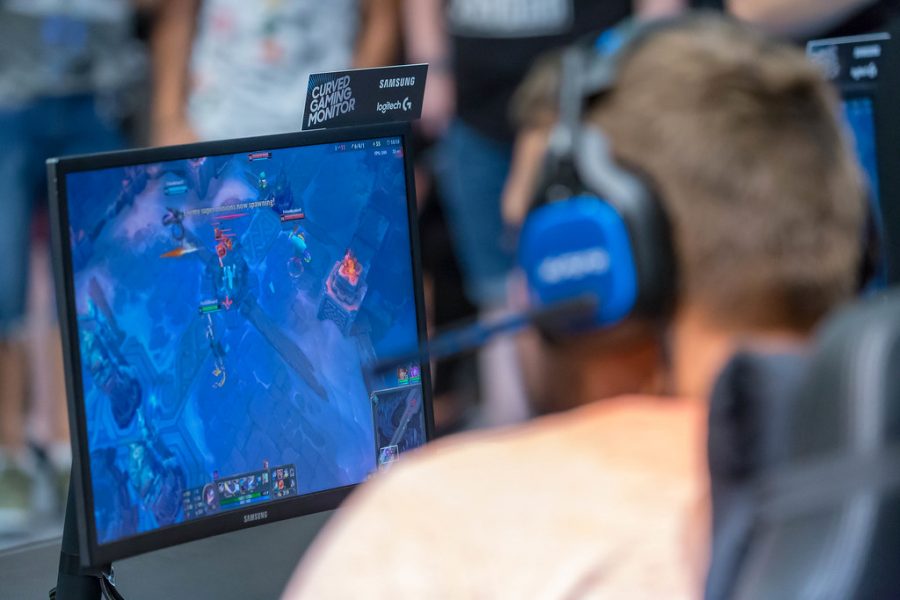On August 30th of this year, it was announced that China is planning to tighten the restrictions on the time that children under the age of 18 can play online video games. The previous restrictions made it so that children under 18 could play every day for an hour and a half. However, the new mandate only allows online video games to be played on Fridays, Saturdays, Sundays, and public holidays, between 8pm and 9pm. This means that kids can only play for a total of 3 hours a week at most, unless there is a holiday that week.
These new restrictions have been described by the National Administration of Press and Publication, a Chinese government agency, as necessary to reduce the addiction that kids of that age have towards games. This law aims to reduce the time that can be spent in an online game, but if the game is offline, children still can play it as long as they want.
The way this system works is very intrusive, compared to what we are used to in America. For you to enter the online world of China, you have to have citizenship and an ID number. This is how the government monitors how much time you spend online. On some occasions, a face identification is required to access certain online features.
These restrictions, of course, are very personal, and they still can be avoided, due to the fact that it is mainly trying to target companies and not individual people. Teenagers can even ask their parents for their ID numbers so that they can play video games for an unlimited amount of time.
Although there are clearly ways to trick the system, it does not deny the fact that this law will impact the companies such as Tencent and NetEase. In fact it already has. For example, Tencent experienced a 23% loss in the value of its shares a few days after these restrictions were put in place.
This also affects the entertainment industry, especially in the world of esports. The most popular people who have become professionals in that field started playing games at a very young age. Now that China has instituted these new restrictions, it may affect the number of Chinese esports professionals. This could overall impact the revenue that many gaming tournaments have produced, because fewer tickets will be sold.
There has also been some speculation as to why this law was mandated, and some are more like conspiracies rather than reality. The most reasonable claim was made by the YouTuber, SomeOrdinaryGames, in a video titled “I Think China Doesn’t Like Gamers…” He has claimed that these restrictions were not made specifically for kids, but for companies, which earn billions of dollars each year. With that kind of income, those companies may have an influence over the government, so they are preemptively putting up these restrictions to reduce the influence that they may have.
These restrictions are being tightly enforced to prevent Chinese companies from becoming an influence over its government, but in turn it hurts its citizens, too. All we can hope for is that these restrictions are not implemented in America as well.












